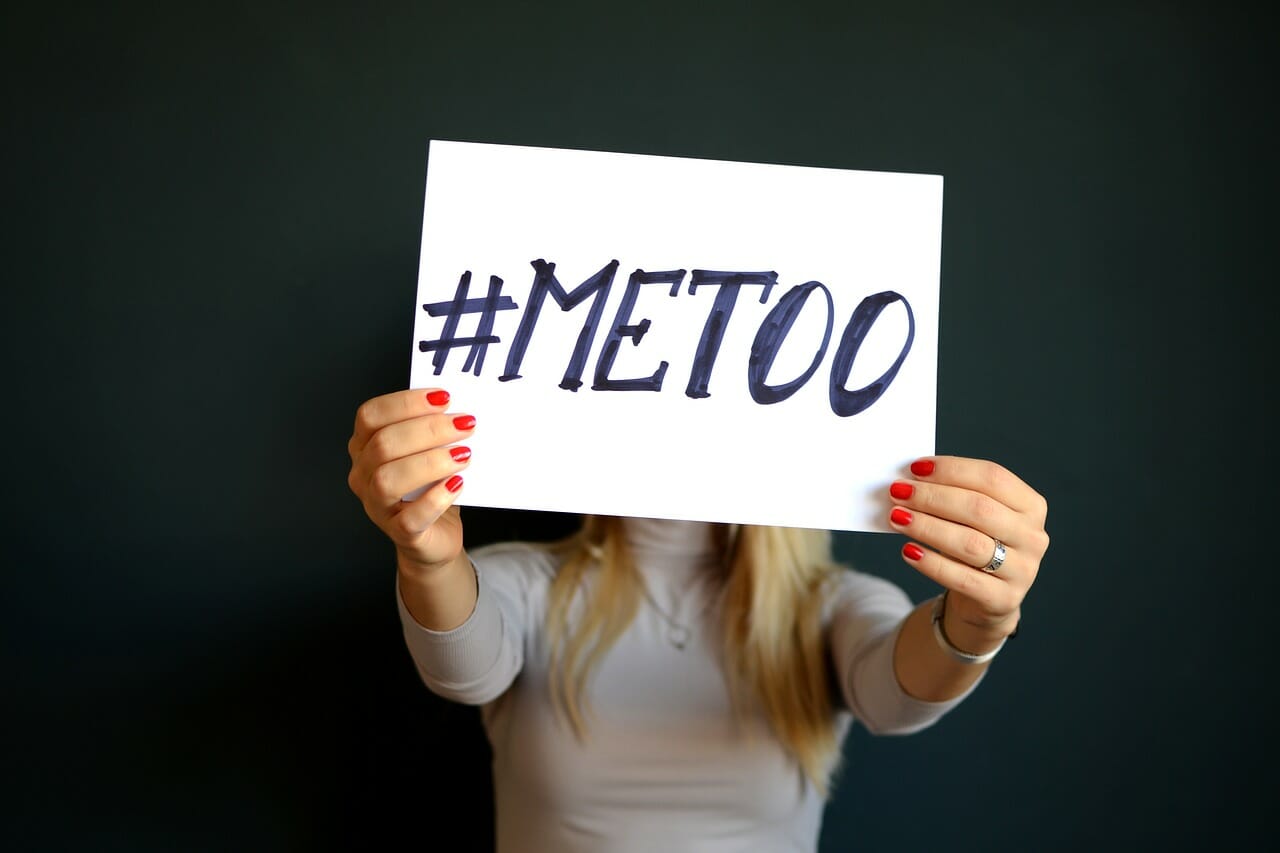(Creative Commons)
“Girls, I hope you know what message you’re putting out there,” said Mrs. Williamson, costume designer for Academy’s theater department, after the final rehearsal of A Voice In The Dark. “With everything that’s happening right now in the media, I hope that people see this as encouragement to speak up before it’s too late.”
In wake of the sexual harassment allegations against film producer Harvey Weinstein earlier in October, Mrs. Williamson’s message is especially relevant. Weinstein was accused by more than several women, including Hollywood actresses, of suggesting they give him massages and engage in intercourse when actresses met him in a hotel room for meetings. It was discovered that he had been paying off his accusers. When the original New York Times article about Weinstein’s harassment was published on October 5, few members of the entertainment industry were willing to speak up about his degrading treatment of women.
The silence was deafening.
And then the floodgates opened.
On October 15, actress Alyssa Milano tweeted an idea: she wanted victims of sexual harassment or assault to post #MeToo on social media to give the rest of the world a “sense of magnitude” about the frequency of harassment. Since then, the hashtag has been used hundreds of thousands of times. Women have shared experiences of harassment and assault all over social media, sharing heartbreaking stories and fiery sentiments.
This is not the first time that a hashtag has been used to raise awareness for abuse against women. #YesAllWomen, in 2014, arose after a gunman announced that his hatred of women led him to kill six people in California.
Although many feel it is absolutely necessary for victims of harassment to speak up, some women have complained about the hashtag. Not only does it put the burden of speaking up on the women themselves, but many feel that it belittles their experiences by reducing them to a simple hashtag.
But if not themselves, who else will speak up for these victims?
At first thought, a hashtag may not be an ideal way to spread awareness for incidents as serious as sexual harassment. But it is a step in the right direction. In a world that’s so closely linked with social media, a trending hashtag might just be the easiest way to make the first move towards greater awareness.
It is vital that these women speak up and share their stories so that the next step towards fixing the problem can be taken. Whatever the means of getting the message across, however, the most important thing to do for those who are speaking up is to listen.
A Voice In The Dark, Academy’s fall play, stars a woman who, after being falsely accused of witchcraft by a powerful man in early Salem, winds up on trial. No one stood up for Rebecca Nurse, and when her friends raised their voices, nobody listened. The end of the show features a chilling scene where Rebecca and her family burn at the stake, praying to God while they are engulfed in flames.
During a solemn curtain call, the audience is left to wonder only if her fate would have turned out differently if the townspeople had taken action after hearing Rebecca Nurse tell her story instead of believing the man who tried to ruin her.








